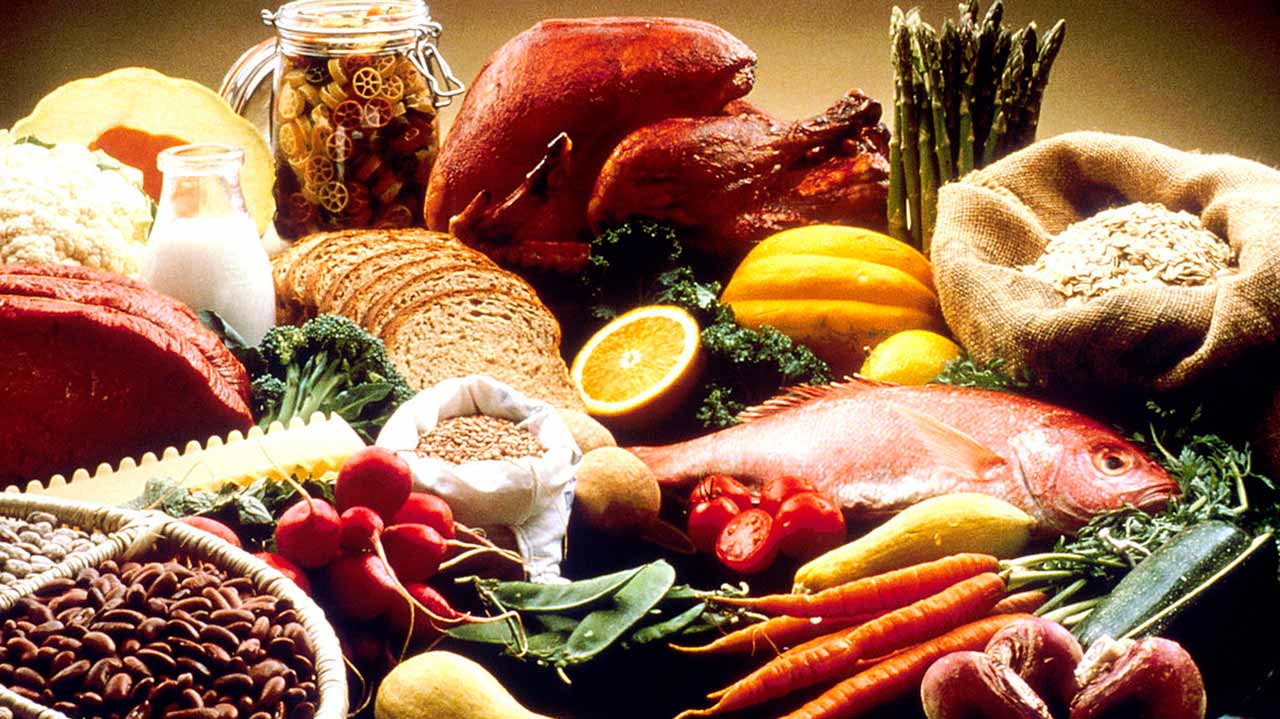
• Labour canvasses index to align with inflation rate
While the impact of border closure may appear to be waning, festive-induced demand took a toll on food prices, as the consumer price index, (CPI) which measures inflation increased by 11.85 percent (year-on-year) in November 2019. This is 0.24 percent points higher than the rate recorded in October 2019 (11.61) percent.
Increases were recorded in all COICOP divisions that yielded the Headline index. On month-on-month basis, the Headline index increased by 1.02 percent in November 2019, this is 0.05 percent rate lower than the rate recorded in October 2019 (1.07) percent.The composite food index rose by 14.48 percent in November 2019 compared to 14.09 percent in October 2019.
This rise in the food index was caused by increases in prices of Bread, Cereals, Oils and fats, Meat, Potatoes, Yam and other tubers, and Fish.
On month-on-month basis, the food sub-index increased by 1.25 percent in November 2019, down by 0.08 percent points from 1.33 percent recorded in October 2019.
According to analysts at Cordros, the surge in food inflation stemmed from farm-produce (+36bps), processed food (+101bps) and imported food (+4bps).“However, the initial reaction from the border closure seems to be fading, as food prices, on a month-on-month basis, dipped marginally by 8bps.
“We expect festive induced demand, coupled with the impact of the border closure to have a negative pass-through on food inflation. That said, despite continued FX stability and liquidity, we expect core inflation to increase further, given the low base from the corresponding period in the prior year. Overall, we expect headline inflation to sustain its upward trajectory, expanding to 12.05% y/y (0.92% m/m) in December”, they added.
Labour expert, Paul Omoijiade noted that increase in workers’ salaries will not deal with the situation, rather he canvassed on indexing, which he said, tallies with rise in inflation. He cited indexing as being used in the western climes, whereby the higher the inflation, they will merge it to commensurate with workers’ salaries. He said there is the need to look at indexing to properly align inflation with the wage rate.
“It is not increasing salaries that will deal with the solution. Issue of indexing is the solution. If there is index it will tally with inflation. If workers expect prices to rise, they will demand higher wages so that their real (inflation-adjusted) wages are constant.
However, wage inflation and general price inflation continue to rise. Therefore, over the long-term, higher inflation would not benefit the economy through a lower rate of unemployment.”He said closing the borders is not the issue but government coming up with policies that will better the economy.
The percentage change in the average composite CPI for the twelve months period ending November 2019 over the average of the CPI for the previous twelve months period was 11.35 percent, representing a 0.05 percent point from 11.30 percent recorded in October 2019. The urban inflation rate increased by 12.47 percent (year-on-year) in November 2019 from 12.20 percent recorded in October 2019, while the rural inflation rate increased by 11.30 percent in November 2019 from 11.07 percent in October 2019. On a month-on-month basis, the urban index rose by 1.07 percent in November 2019, down by 0.08 from 1.15 percent recorded in October 2019, while the rural index also rose by 0.98 0 percent in November 2019, down by 0.01 from the rate recorded in October 2019 (0.99) percent.
The corresponding twelve-month year-on-year average percentage change for the urban index is 11.75 percent in November 2019. This is higher than 11.68 percent reported in October 2019, while the corresponding rural inflation rate in November 2019 is 10.98 percent compared to 10.95 percent recorded in October 2019.The average annual rate of change of the Food sub-index for the twelve-month period ending November 2019 over the previous twelve-month average was 13.65 percent, 0.11 percent points from the average annual rate of change recorded in October 2019 (13.54) percent.
The “All items less farm produce” or Core inflation, which excludes the prices of volatile agricultural produce stood at 8.99 percent in November 2019, up by 0.11 percent when compared with 8.88 percent recorded in October 2019. On month-on-month basis, the core sub-index increased by 0.79 percent in November 2019. This was up by 0.05 percent when compared with 0.74 percent recorded in October 2019.
The highest increases were recorded in prices of Cleaning, Repair and hire of clothing, Hospital services, Hairdressing saloons and personal grooming establishment, Glassware, tableware and household utensils, Vehicle spare parts, Repair and hire of footwear, Shoes and other footwear, Clothing materials, other articles of clothing and clothing accessories, Medical services and Passenger transport by air.
The average 12-month annual rate of change of the index was 9.19 percent for the twelve-month period ending November 2019; this is 0.06 percent points lower than 9.25 percent recorded in October 2019. In November 2019, all items inflation on year on year basis was highest in Kebbi (15.40%), Sokoto (14.58%) and Niger (14.15%), while Imo (10.43%), Abuja (10.30%) and Kwara (9.70%) recorded the slowest rise in headline Year on Year inflation.
On month on month basis however, November 2019 all items inflation was highest in Ebonyi (2.20%), Bayelsa (2.48%) and Niger (2.39%), while Abuja, Adamawa, Bauchi, Benue and Ondo recorded price deflation or negative inflation (general decrease in the general price level of food or a negative food inflation rate).
In November 2019, food inflation on a year on year basis was highest in Sokoto (18.77%), Kebbi (18.08%) and Ekiti (17.18%), while Katsina (12.61%), Bayelsa (12.50%) and Bauchi (12.44%) recorded the slowest rise. On month on month basis however, November 2019 food inflation was highest in Kwara (2.92%), Sokoto (2.72%) and Bayelsa and Edo (2.66%), while Nasarawa (0.31%) recorded the slowest rise with Lagos and Ondo recording price deflation or negative inflation (general decrease in the general price level of food or a negative food inflation rate).



